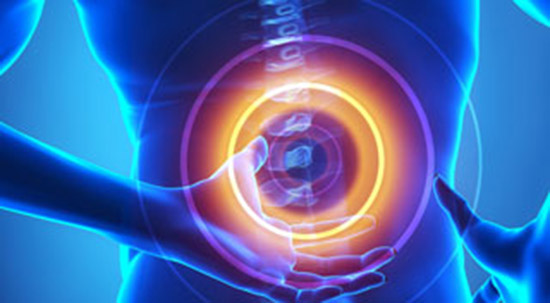 MORE people living with diseases causing severe chronic inflammatory back pain will now have access to biological treatment, thanks to new guidance from NICE, the National Institute of Health and Care Excellence.
MORE people living with diseases causing severe chronic inflammatory back pain will now have access to biological treatment, thanks to new guidance from NICE, the National Institute of Health and Care Excellence.
NICE reviewed studies which demonstrate that treatment with biologics – medicines containing active substances made by or derived from a biological source – can reduce disease activity and damage, improving physical function in patients living with these conditions.
Patients will have access to an alternative choice of biologics if the response to the first is not adequate.
Debbie Cook, chief executive at the National Ankylosing Spondylitis Society, said: “We are delighted to have improved access to treatment, something which we have campaigned for over many months. This is really important for people living with a chronic inflammatory back condition who suffer from debilitating pain that impacts their home, social and professional lives.”
Dr Raj Sengupta, at the Royal National Hospital for Rheumatic Diseases, Bath, added: “The new recommendations represent a significant step forward in the treatment of chronic inflammatory back pain.”
- 60‐80% of the UK population will report back pain at some point in their lives.
- Axial spondyloarthritis (axSpA) is an umbrella term for two conditions that cause inflammatory back pain, ankylosing spondylitis (AS) and non-radiographic axial spondyloarthritis (nr-axSpA) – a form of inflammatory arthritis in which joints of the spine become inflamed, often leading to stiffness and pain in the back.
- In AS the damage to the spine and joints of the hips from this condition can be seen by X-ray. However, sometimes patients may experience pain, even though doctors are unable to see any inflammation on an X-ray, this is known as nr- axSpA.6 In this case MRI scans are used to look at the joints.
- AxSpA is as common as rheumatoid arthritis and typically develops in people aged 20-30. The disease affects many people’s ability to work and this early age of onset consequentially leads to considerable lifetime socioeconomic impacts. The condition can also significantly affect patients quality of life and their mental health.
- Diagnosis can be delayed due to low awareness among physicians, and lack of specific clinical symptoms.

